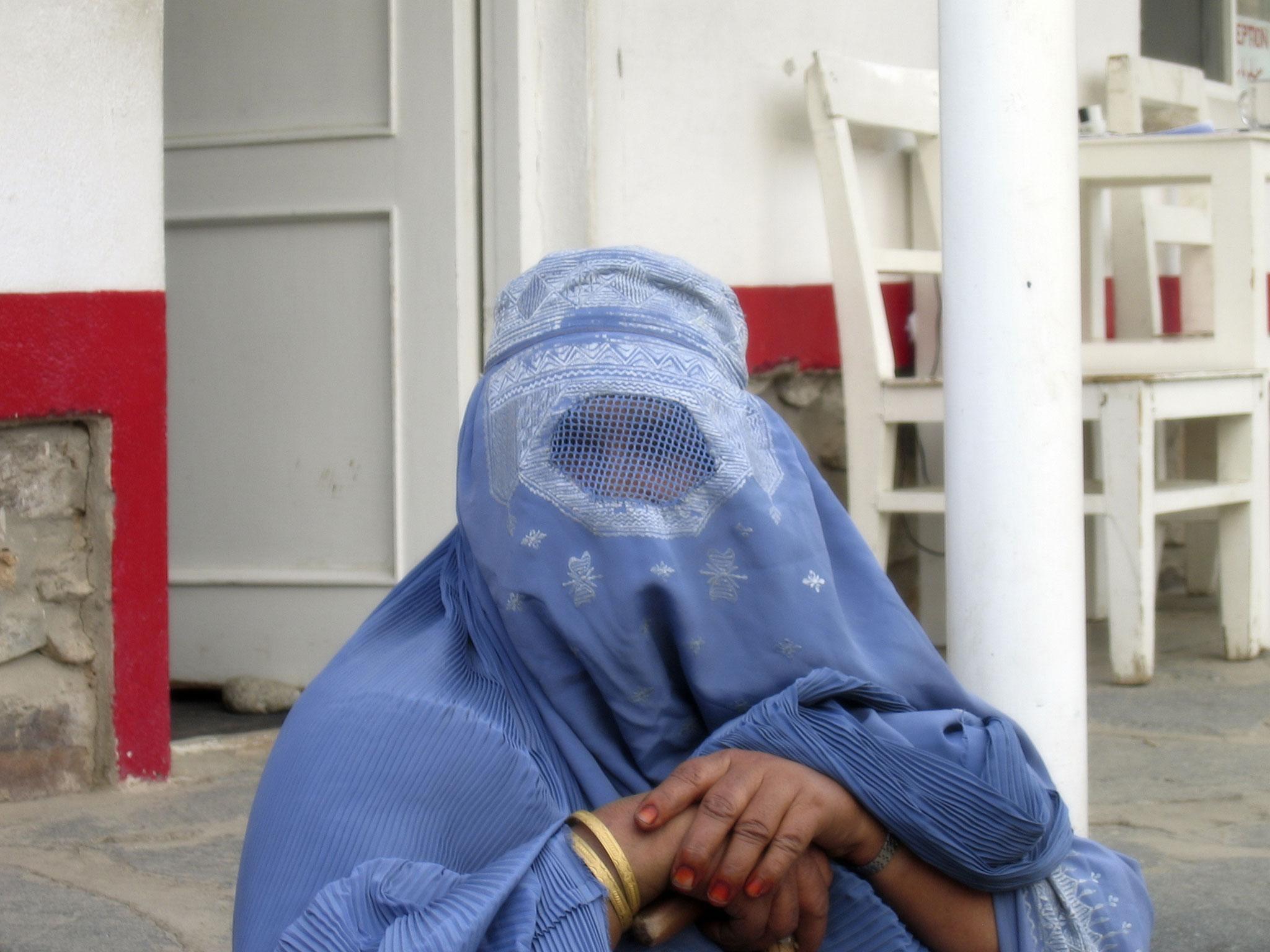The Danish government has chosen to ban face veils – but I’ll still wear mine
Countless others are joining forces to protest against the new law, which is denying niqab-wearing women like me the right to wear what we want in Denmark

Your support helps us to tell the story
From reproductive rights to climate change to Big Tech, The Independent is on the ground when the story is developing. Whether it's investigating the financials of Elon Musk's pro-Trump PAC or producing our latest documentary, 'The A Word', which shines a light on the American women fighting for reproductive rights, we know how important it is to parse out the facts from the messaging.
At such a critical moment in US history, we need reporters on the ground. Your donation allows us to keep sending journalists to speak to both sides of the story.
The Independent is trusted by Americans across the entire political spectrum. And unlike many other quality news outlets, we choose not to lock Americans out of our reporting and analysis with paywalls. We believe quality journalism should be available to everyone, paid for by those who can afford it.
Your support makes all the difference.Today, Denmark’s ban on the public wearing of face veils came into force. Joining the likes of France and Belgium, Denmark’s outlawing of the niqab and similar face veils was introduced through a vote in Danish Parliament in May, under the guise of protecting Danish values. But a law that effectively criminalises me for my clothing choices is not one that I wish to follow. Along with Kvinder I Dialog (Women In Dialogue), a Danish women’s rights platform, and many other women, both muslim and non-muslim, I am protesting the ban by marching across the country in my niqab, because ultimately, it is my choice to do so, no matter what the centre-right government thinks.
From this day forward, I will be criminalized for wearing the niqab in public – a piece of clothing that I chose to wear myself and am very proud of. Along with feeling marginalized and stepped on, I feel disappointed. I am disappointed that politicians in parliament have enacted this law that deprives me of my right to simply just be me. I am disappointed that in this so-called “free country” I cannot express this part of my identity that niqab has become, just because it happened to “offend” the wrong people.
From this day forward, if I wear the niqab, I can no longer attend classes at my university, do grocery shopping, or even sit peacefully at a café with my friends without going against the law. I will now be vilified for studying and walking the streets because of something as harmless as a face-veil.
I am surprised that we, in a supposedly modern society, are so intolerant. We stand opposed to people who are different from us in any way, even when those people peacefully dress, think, and live in ways that the vast majority of Danish people don’t. But I am disappointed that we as people, a community that is supposed to be part of a globalized and Western democratic world, are so driven by hate that we can go as far as to legislate against a certain group of innocent women; minorities within the minority.
In Denmark, the government is making huge cutbacks in the public sector, many of which have had a great impact on elder care services, educational areas, healthcare and more; but instead, they have decided to spend their resources on pushing this inexpedient law through, a rule that only really affects a tiny minority of women who wear the niqab in Denmark.
This is more than a taste of how it feels like to be dehumanised, to be considered a danger to the Danish way of life. In all of this, what the government has forgotten, is that those of us who wear the niqab are dynamic individuals. We are daughters, mothers, wives, neighbours, co-workers, and students. We are creative, intelligent and committed. We might stand out from the crowd but we sure are blessings to society in so many ways.
I feel sad that my way of life is being suppressed by the politicians who want to force me to uncover. I feel more upset still, that this is happening in a society that advocates for the right to practice one’s religion freely, and to dress as one wishes as a woman. But the enforcement of today’s ban has proved that those ideals are far from central to Danish society. Instead, their priorities seem to be more concerned with spreading xenophobia beyond the point of repair, based solely on the misguided belief that allowing people to express themselves in manners that in any way relate to Islam, are inherently threatening.
Parliament may say their choice was driven by a desire to “liberate” Muslim women. But their hatred of us is clear. The truth is, you cannot liberate those who are already free.
The author's name has been changed to protect their identity
Join our commenting forum
Join thought-provoking conversations, follow other Independent readers and see their replies
Comments